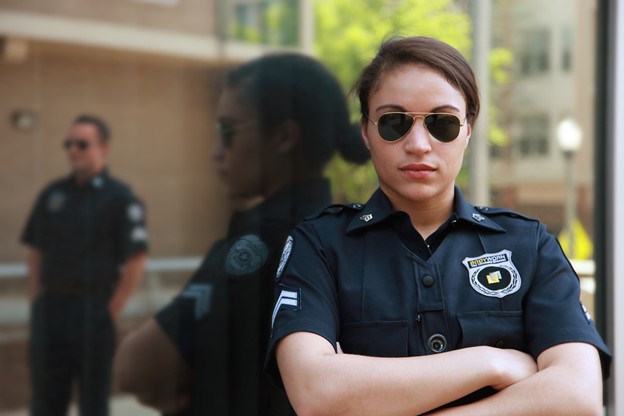What statements should be provided at the scene of the wreck?
There is nothing more upsetting than getting into a car accident. You may be injured, or you may have injured someone else, and you may go into shock. You may not be able to think very clearly when you get into a crash. Unclear thinking may lead you to say things to the police that are not entirely… Read More »

There is nothing more upsetting than getting into a car accident. You may be injured, or you may have injured someone else, and you may go into shock. You may not be able to think very clearly when you get into a crash. Unclear thinking may lead you to say things to the police that are not entirely accurate. There are a few things you should know about accident reports and giving statements to law enforcement. Whether You Live in a Fault State There are two different kinds of insurance rules...
There is nothing more upsetting than getting into a car accident. You may be injured, or you may have injured someone else, and you may go into shock. You may not be able to think very clearly when you get into a crash. Unclear thinking may lead you to say things to the police that are not entirely accurate. There are a few things you should know about accident reports and giving statements to law enforcement.
Whether You Live in a Fault State
There are two different kinds of insurance rules in the United States, fault and no-fault. In a no-fault state, a person’s insurance company will pay for their accident-related expenses, no matter who is responsible for the collision. In a fault state, the insurance company of the driver who caused the accident will pay for any medical expenses or car damages that result from the crash. Georgia is a fault state, which means you should be very careful about what you say at the scene.
Statements That Can Hurt You
When you collide with another car, you may think that you were at fault before you have all the facts. You may want to apologize to the other driver, but you shouldn’t. You should ask if they are okay, but you shouldn’t say anything that may be used against you.
Statements like, “I’m sorry, the sun was in my eyes,” or “I didn’t see the stop sign” can be used on a police report and in court.
When you have an accident, you will call the police and wait for them to arrive. When they get there, they will fill out a report. They will ask you, the other driver, and any witnesses to the accident what they saw. If you apologized, the other driver or the witnesses might tell the police about it, and that can make it sound like you were admitting fault.
Why Attorneys Think it is a Bad Idea to Admit Guilt
If you are an ethical person and you believe you have caused an accident, your first instinct will probably be to admit your guilt to the police. However, there may be circumstances of which you are unaware.
For example, if you think you caused an accident because you ran a stop sign, you might not realize that the other person was actually speeding when you hit them. If you thought you caused a collision because you were texting, you may not realize that the other driver ran a stop sign.
According to Lawyer Pendergrass, Georgia follows a proportional comparative fault rule. This means that you can recover damages for your accident even if you are partially at fault. You must be less than 50% at fault for the accident in order to file a claim against the other driver’s insurance company.
What to do After the Accident
After seeing your doctor and reporting the accident to your insurance company, you should hire a personal injury attorney to negotiate your insurance claim on your behalf.
Having an accident can be devastating, but if you follow the right steps at the scene and hire a qualified attorney, you should be able to get treatment for your injuries and get back on the road.
Authoritative Source: Justia.com

Mayank Shekhar
Mayank is an alumnus of the prestigious Faculty of Law, Delhi University. Under his leadership, Legal Bites has been researching and developing resources through blogging, educational resources, competitions, and seminars.
